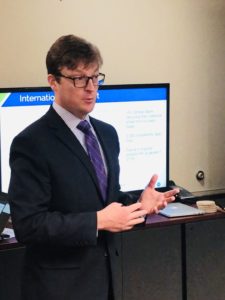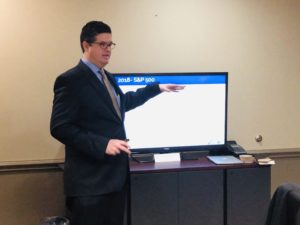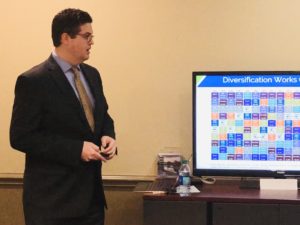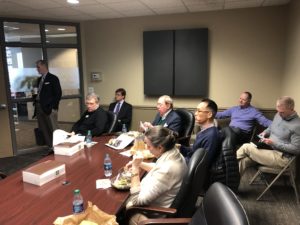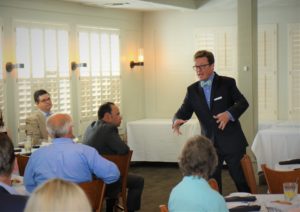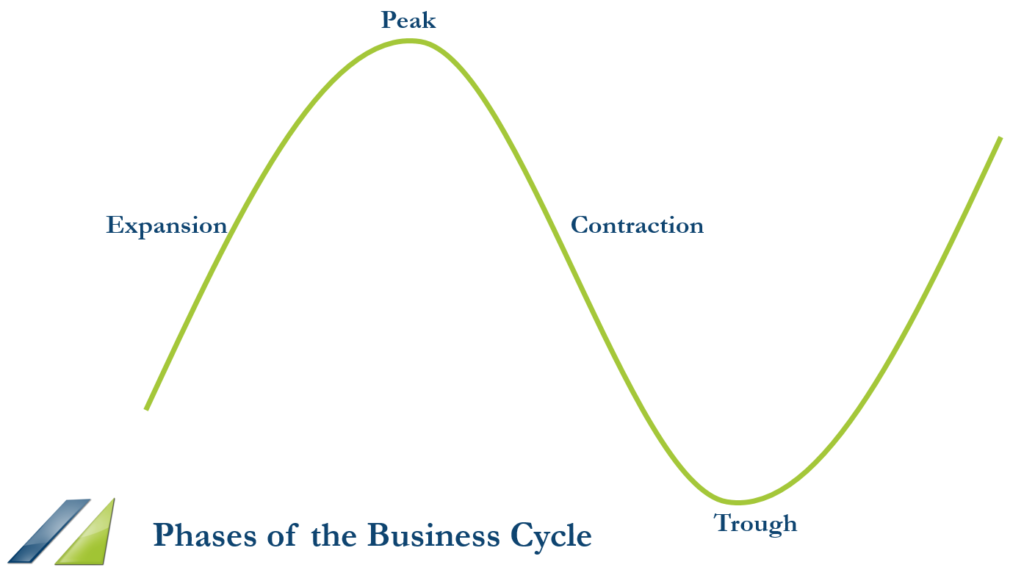Podcast: Play in new window | Download
 Reading Time: 2 minutes
On today’s Intelligent Money Minute, we’ll interview Rick Ferri on mitigating dangerous investing emotions. During this episode, Rick explains the concept of behavioral finance and the power of recognizing your emotional tendencies. He stresses the value of being introspective in order to avoid reactionary investing. In truth, no advisor can consistently deliver “outperformance.” However, we believe we offer more practical and reliable ways. Read more about our three pillars of thought here.
Check out our previous podcasts with Rick on The Power of Passive Investing and Remembering the Legacy of Jack Bogle. We’ll be interviewing Rick on several podcasts regarding index investing, behavioral finance, and practical tips for retirees, so be sure to subscribe to our Intelligent Money Minute podcasts.
Rick Ferri is a fellow CFA Charterholder, Marine veteran, author, and owner of Ferri Investment Solutions. He continues to write books and articles, provide educational webinars, and teach financial lectures.
Reading Time: 2 minutes
On today’s Intelligent Money Minute, we’ll interview Rick Ferri on mitigating dangerous investing emotions. During this episode, Rick explains the concept of behavioral finance and the power of recognizing your emotional tendencies. He stresses the value of being introspective in order to avoid reactionary investing. In truth, no advisor can consistently deliver “outperformance.” However, we believe we offer more practical and reliable ways. Read more about our three pillars of thought here.
Check out our previous podcasts with Rick on The Power of Passive Investing and Remembering the Legacy of Jack Bogle. We’ll be interviewing Rick on several podcasts regarding index investing, behavioral finance, and practical tips for retirees, so be sure to subscribe to our Intelligent Money Minute podcasts.
Rick Ferri is a fellow CFA Charterholder, Marine veteran, author, and owner of Ferri Investment Solutions. He continues to write books and articles, provide educational webinars, and teach financial lectures.


